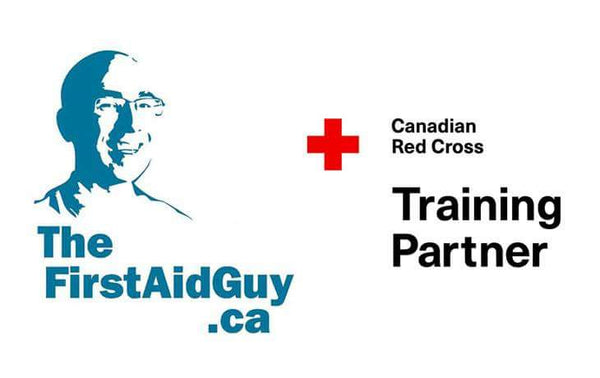The Importance of Fire Safety: Tips for Preventing and Responding to Fires
Share
Introduction
Fires can have devastating consequences, causing loss of life, property damage, and emotional trauma. However, with proper knowledge and preventive measures, many fires can be avoided, and their impact can be minimized. In this blog, we will discuss the importance of fire safety and provide essential tips for preventing fires and responding effectively in case of an emergency. By understanding the risks and taking necessary precautions, we can protect ourselves, our loved ones, and our properties from the destructive power of fires.
- Awareness and Education
The first step in fire safety is raising awareness and educating ourselves about the risks and potential hazards. Understand the common causes of fires, such as electrical faults, cooking accidents, faulty wiring, or negligence with flammable materials. Stay informed about fire safety regulations, emergency evacuation plans, and local resources available for assistance. By staying informed, we can proactively identify potential fire risks and take appropriate preventive measures.
- Fire Prevention Measures
Prevention is always better than dealing with the aftermath of a fire. Here are some essential fire prevention tips to keep in mind:
a. Install Smoke Alarms: Smoke alarms are crucial in detecting fires early and providing timely warnings. Install smoke alarms in every bedroom, outside sleeping areas, and on each level of your home. Regularly test and maintain them to ensure they are functioning properly.
b. Practice Safe Cooking: The kitchen is a common area for fires to start. Never leave cooking unattended, keep flammable objects away from the stove, and keep a fire extinguisher nearby. Practice safe cooking habits to minimize the risk of accidental fires.
c. Electrical Safety: Inspect electrical cords regularly for signs of wear or damage, and replace them if necessary. Avoid overloading outlets, use surge protectors, and ensure that all electrical work is done by a qualified professional.
d. Proper Storage of Flammable Materials: Store flammable liquids, such as gasoline or paint thinner, in well-ventilated areas away from heat sources. Use approved containers and follow proper storage guidelines to prevent accidental ignition.
e. Smoking Safety: If you smoke, ensure that cigarettes are fully extinguished and disposed of in designated areas. Avoid smoking in bed or when drowsy, as it increases the risk of accidental fires.
- Emergency Preparedness
Despite preventive measures, fires can still occur. Being prepared to respond promptly and effectively is essential. Here are some key steps to remember:
a. Have an Escape Plan: Create a fire escape plan for your home or workplace. Identify primary and secondary escape routes and practice them regularly with all occupants. Assign responsibilities to ensure everyone knows how to evacuate safely.
b. Fire Extinguishers: Keep fire extinguishers in easily accessible areas of your home or workplace. Learn how to operate them correctly and ensure they are regularly inspected and maintained.
c. Stay Low and Crawl: In case of a fire, stay low to avoid smoke inhalation and crawl to escape. Smoke rises, and the air is cleaner near the floor.
d. Call Emergency Services: As soon as you are safely outside the building, call emergency services to report the fire. Provide accurate and concise information to help responders arrive quickly.
- Educate Children
Teaching children about fire safety is crucial for their well-being. Educate them about the dangers of fire, how to prevent fires, and what to do in case of an emergency. Teach them to never play with matches, lighters, or electrical sockets and ensure they understand the importance of evacuating safely and seeking help from adults.
Conclusion
Fire safety is a responsibility that we all share. By prioritizing fire prevention and being prepared to respond appropriately in case of a fire, we can safeguard ourselves, our families, and our communities. Through awareness, education, and adopting preventive measures, we can significantly reduce the risks of fires and their devastating consequences. Remember, fire safety is not an option but a necessity for a secure and protected environment.
Register for your first aid course at www.TheFirstAidGuy.ca
